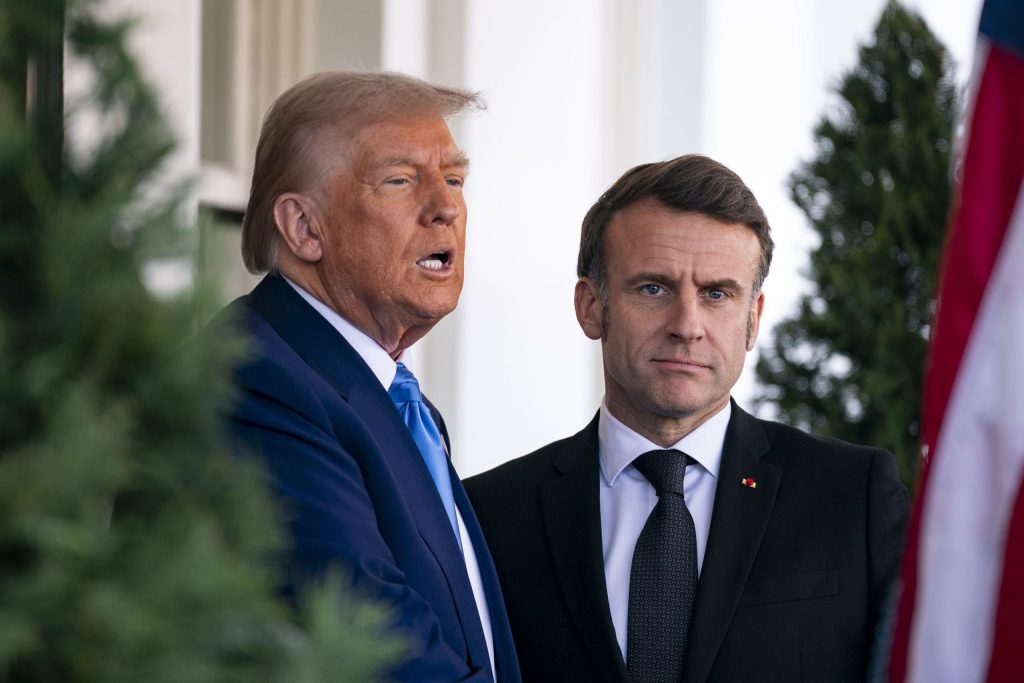BRUSSELS (Realist English). Former U.S. President Donald Trump announced a sweeping 30% tariff on European Union products Saturday, triggering political alarm and market unease across the continent. The measure, which will take effect on August 1, marks a sharp escalation from the 10% baseline levy currently in place and threatens to upend transatlantic trade flows worth €867 billion in 2024.
The announcement blindsided EU leaders, many of whom believed negotiations were progressing toward terms similar to the UK–U.S. deal reached in May. Instead, Trump’s letter — described as “impertinent” by European Parliament trade chair Bernd Lange — has prompted an emergency meeting of EU ambassadors scheduled for Sunday.
Lange urged immediate retaliation: “The EU countermeasures should come into force as planned on Monday, quickly followed by the second list.” His call reflected a growing consensus among European capitals that the bloc must respond forcefully.
French President Emmanuel Macron condemned the U.S. decision as “unacceptable,” adding that if Washington refuses to compromise, “Brussels must adopt countermeasures by August 1.” He emphasized that “it is now up to the Commission to defend European interests resolutely.”
The European Commission has so far opted for restraint, hoping to avoid a full-blown trade war — despite enduring tariffs of 50% on steel and aluminium, and 25% on automobiles since April.
Spain’s Prime Minister Pedro Sánchez called for leveraging the EU’s “single market strength” to achieve a fair settlement, while Italy’s Giorgia Meloni, who maintains cordial ties with the Trump camp, urged calm: “It would make no sense to trigger a trade clash between the two sides of the Atlantic.”
In contrast, Hungary’s Foreign Minister Péter Szijjártó placed the blame squarely on Brussels: “The EU should have cut tariffs on the U.S. after Trump took office.”
Industry warns of economic fallout
The response from European industry was swift and stark. The Federation of German Industries (BDI) called Trump’s move “a wake-up call,” warning of severe economic damage unless a solution is found. German exports to the U.S. have already dropped to their lowest levels since March 2022, according to fresh government data.
The EU’s wine and food sectors are particularly exposed. Italy’s wine association UIV called the tariff plan “the darkest page in relations between the two historic allies.” The U.S. remains the EU’s largest wine export market, accounting for 27% of value and 21% of volume.
UIV President Lamberto Frescobaldi warned that a 30% duty would effectively act as a ban: “Eighty percent of Italian wine exports would become unviable. There is no alternate market that can absorb these volumes in the short term.”
As Brussels weighs its response, the looming deadline and the scale of economic exposure leave little room for delay. A coordinated EU stance — and clear signaling to Washington — now appears inevitable.
